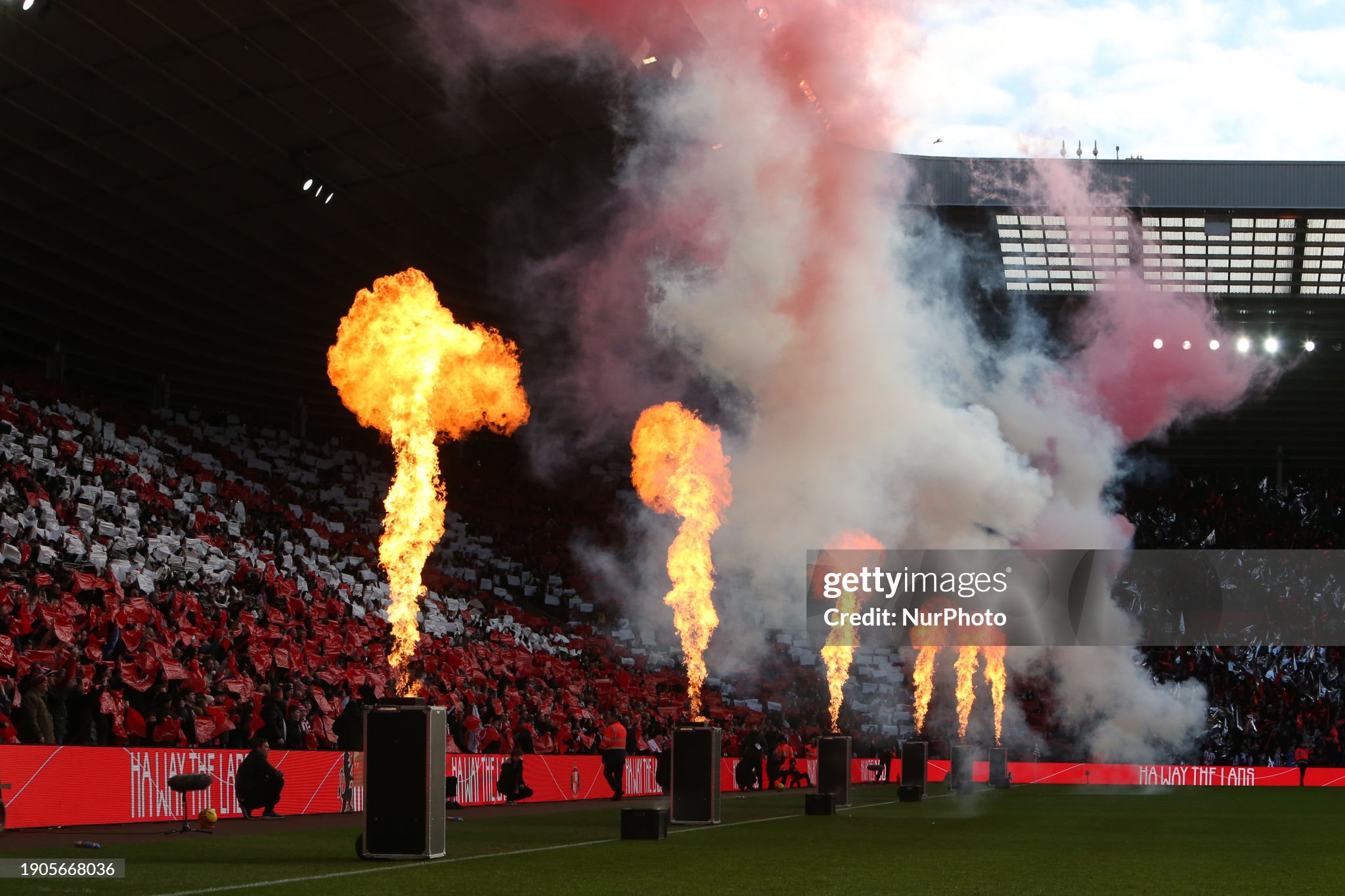The FA's decision to abolish replays from the first round of the FA Cup marks a significant shift in the tournament's structure, designed primarily to reduce fixture congestion for the 92 professional clubs participating.
With teams from League One and League Two entering from the first round and those from the Premier League and Championship joining at the third round, the elimination of replays aims to streamline the competition and alleviate the scheduling burdens that have increasingly affected teams across all divisions.
While this move has been welcomed by the larger clubs, which have long voiced concerns over the packed football calendar, it comes with trade-offs, particularly for smaller clubs. For these teams, replays against higher-tier opponents often provided not only a chance for a competitive rematch but also a vital source of additional income through gate receipts and television revenues. Replays sometimes leveled the playing field by giving lower-tier clubs a second opportunity to upset more formidable foes, boosting their profiles and financial standings.
The restructuring extends beyond just the elimination of replays. The FA has also adjusted the scheduling of the later rounds of the competition to further accommodate team schedules. During the fourth round, fifth round, and quarterfinals of the FA Cup, there will be no Premier League games, allowing for a clearer focus on the cup competition. Additionally, moving the fifth round from midweek to the weekend allows more fans to attend games without the constraints of weekday commitments, potentially increasing attendance and enhancing the matchday atmosphere.
The final of the FA Cup will now take place a week before the Premier League's last matchday, ensuring that the climax of the domestic cup does not clash with the conclusion of the league season. This adjustment not only avoids scheduling conflicts but also gives the FA Cup final, a storied and celebrated event in English football, its own distinct window, free from the distractions of league competitions.
These changes reflect the FA's ongoing efforts to modernize the competition and address the concerns of clubs at all levels of English football, balancing tradition with the practicalities of the modern game.


